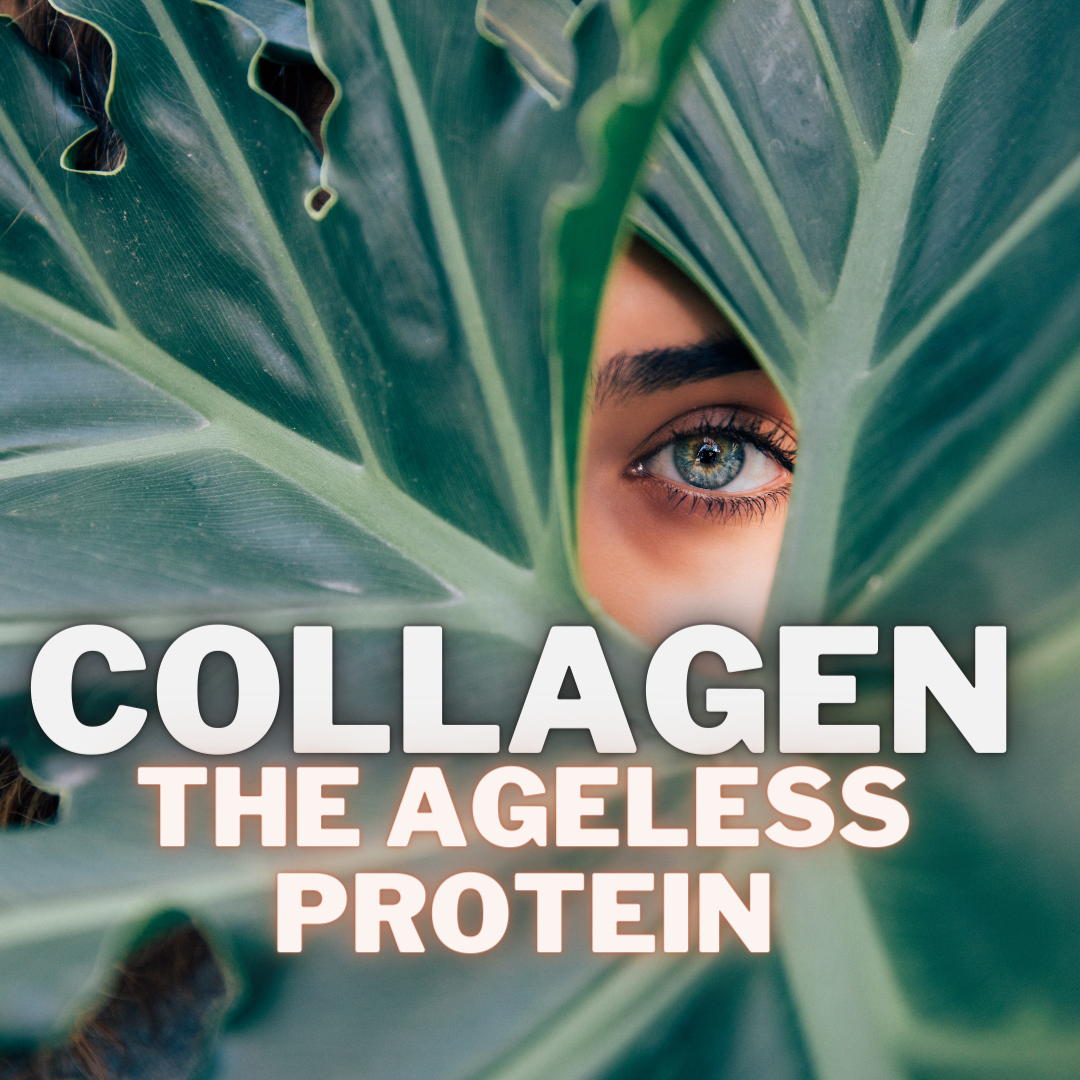
The Collagen Connection: Reinforcing the Body's Structure and Resilience
Imagine if there were a foundational element in your body—something that worked tirelessly, knitting together muscles, skin, tendons, and bones, holding the entire structure in harmony. This unsung hero is collagen, a protein so pervasive it makes up about 30% of your total protein mass, the very “glue” that holds you together.
Collagen is indeed prolific, but its role is far from passive. It actively supports nearly every tissue, from the muscles that propel you forward to the ligaments that stabilize your joints. In the gut, collagen helps create a resilient barrier, and in the skin, it offers elasticity and firmness that define youth. Yet, for all its ubiquity, collagen’s influence is deceptively fragile. As we age, collagen production plummets, leaving skin sagging, joints aching, and the whole system more vulnerable to the wear of time.
Hydrolyzed Collagen: Bioavailability and Bioactivity
For those seeking to counter the natural decline, collagen supplementation offers a compelling option. Most supplements deliver hydrolyzed collagen, a form where the protein’s amino acid chains have been strategically “pre-digested” to improve absorption. By breaking down collagen into shorter peptide chains, hydrolysis maximizes bioavailability, enhancing its potential to reach and fortify tissues in need.
Collagen supplements typically contain Types I, II, and III—the trifecta of structural support. Type I, the most abundant, reinforces the ligaments, tendons, and bones; Type II is specialized for cartilage, essential for cushioning joints; and Type III, a key player in skin and muscles, keeps tissues resilient.
Mechanistic Conjecture: How Collagen Might Combat Aging
While collagen’s role is clear, the mechanisms through which it counters aging are intricate, multifaceted, and—though not fully understood—rich with potential. Consider skin health: collagen supplementation may be acting as a stimulant for fibroblasts, cells that produce the body's natural collagen. This feedback loop could signal the skin to maintain or even boost its own collagen matrix, enhancing elasticity and hydration. With improved skin architecture, wrinkles become less pronounced, and the roughness associated with aging diminishes.
In joints, collagen might be playing a dual role. First, as a direct component for rebuilding cartilage, collagen peptides contribute to the structural integrity of connective tissue. Simultaneously, these peptides may also be triggering pathways associated with tissue repair, activating cells that maintain the joint’s fluid balance and overall health. A study on athletes revealed that hydrolyzed collagen consumption was linked to reduced knee pain, suggesting a potential for collagen to not just support but actively repair tissue strained by repetitive movement.
Environmental and Lifestyle Impacts on Collagen Health
Collagen’s decline isn’t solely an age-related phenomenon; it’s accelerated by lifestyle and environmental factors. Overexposure to sunlight, smoking, and high-sugar diets all contribute to the breakdown of collagen. UV rays generate free radicals, damaging collagen fibers and leading to the skin’s characteristic “photoaging” signs, including wrinkles and loss of elasticity. Smoking compounds the damage by constricting blood vessels, depriving the skin of oxygen and essential nutrients needed to sustain collagen.
For those facing these external pressures, collagen supplements may offer a buffer, a way to replenish and rebuild from within. By providing the body with ready-made building blocks, supplements support the natural processes that fight physical degradation, promoting not only beauty but resilience.
In Conclusion: Reinforcing Health from the Inside Out
In a world where countless factors work against the structural integrity of our bodies, collagen supplementation offers a science-backed, accessible means to reinforce the body’s core. Supporting skin, joint health, and beyond, collagen doesn’t just help us age gracefully; it helps us stay strong and resilient. For those looking to invest in long-term well-being, collagen is less a supplement and more a staple—a fundamental reinforcement for a life of vitality.
These statements have not been evaluated by the Food and Drug Administration. This product is not intended to diagnose, treat, cure or prevent any disease. This article is for informational purposes only and is not a substitute for professional medical advice. Always consult your healthcare provider regarding any health concerns or before starting new supplements.